Why should you travel to Algeria?
Algeria: Africa’s largest country.
Within its expansive borders is a little bit of something for everyone.
The Europeanesque capital of Algiers gives off more of a French vibe than a North African one—not surprising given that France colonized the whole country until 1962. You can find Palais de Rais, the National Museum of Fine Arts, the Martyrs’ Monument, sun-soaked parks, and bustling markets in this gorgeous city.
If you’re preferences lean more towards antiquity, Algeria is the best place to find ancient Roman ruins, bar none.
Those of you desiring a Mediterranean experience will feel right at home. Algeria boasts some of the finest beaches, along with accommodations in whatever price range you’re comfortable with.
That’s just the start.
There are 2,381,741 square kilometres of this behemoth nation to explore. Best get started now!
Where is Algeria?
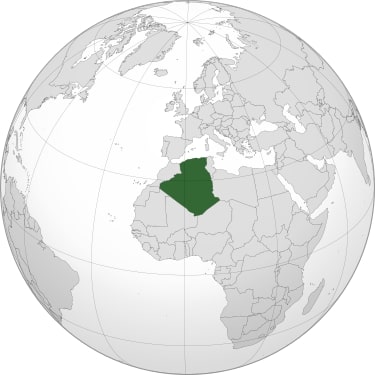
Algeria is located on the Mediterranean Sea and shares a border with seven countries: Morocco, Mali, Libya, Tunisia, Mauritania, Niger, and Western Sahara. The nation is only a couple hundred kilometres from Europe.
The Best Tourist Destinations in Algeria
Roman ruins of Djemila: This UNESCO World Heritage Site ranks amongst the top locations to see pristine Roman ruins. No other ruins are like it. What makes Djemila (originally called Cuicul by the Romans) unique is how the Romans built the city in the mountains, adopting their architecture to fit into the slopes of northern Algeria. The sprawling site contains temples, a theatre, basilicas, and arches in stunning condition. Its well-maintained state is surprising, considering how the city was abandoned by the Romans in the sixth century AD.
Tamanrasset: This mid-sized village is in Algeria’s deep south—the heart of the Sahara. Though surrounded by the empty, scorching desert, Tamanrasset sits next to an oasis. This haven makes the surrounding land fertile, and locals grow fruits, nuts, and cereals of various varieties. It is the capital of the Algerian Tuareg people and the best place to learn about these semi-nomadic Berbers. The geography surrounding the city is fascinating. Jutting, rocky outcrops stick into the air, producing fascinating geological spectacles.
Constantine: There is no location more picturesque than Constantine. This northwestern Algerian city hit the jackpot for many reasons. It’s atop a large plateau bordered by deep ravines. Bridges crisscross the chasms, allowing people and goods to flow freely around the city’s dramatic landscape. You won’t be surprised that the city is nicknamed “The City of Bridges.” With a thriving economy and perfect Mediterranean weather, it’s no wonder Constantine is one of the most beloved cities in Algeria.

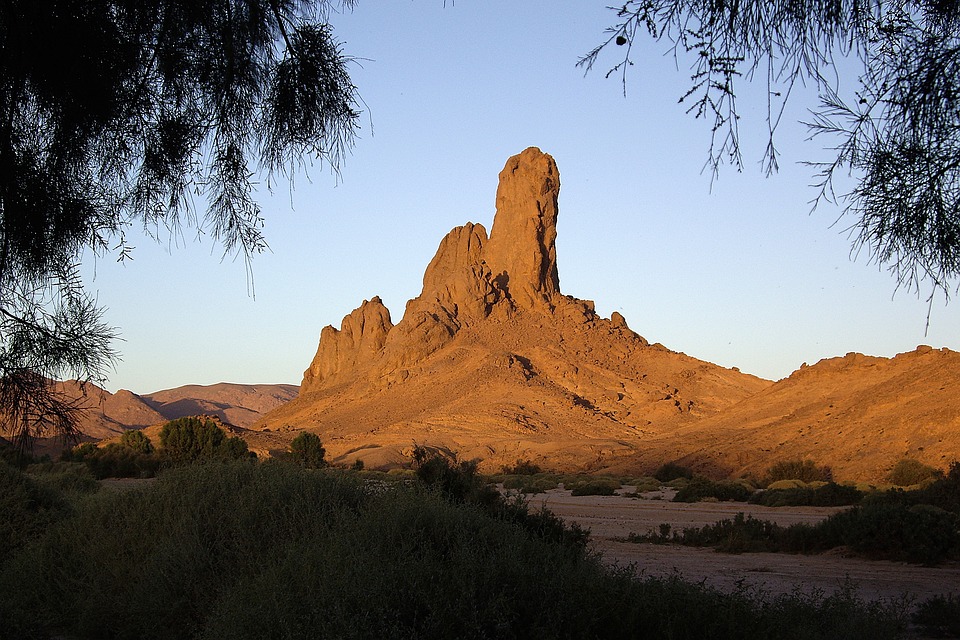

Algeria’s Capital
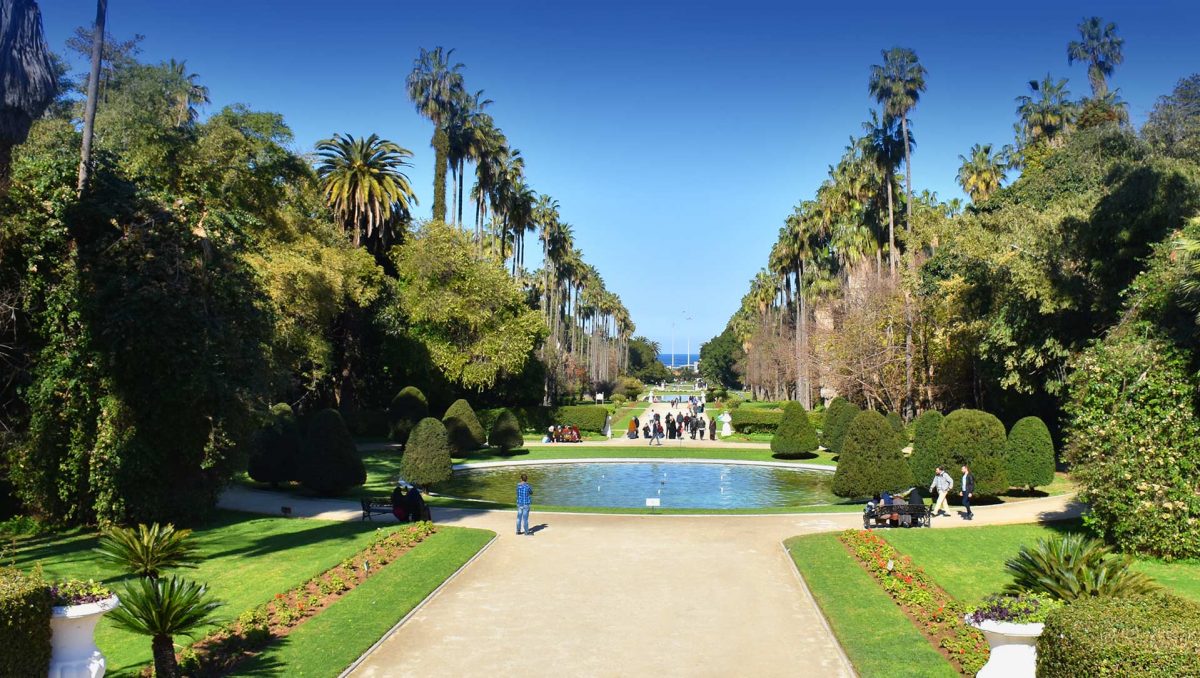
Algiers the White; Algiers the Dazzling. Perfect nicknames for the perfect capital city of Algeria.
This lovely city is European through and through. Algiers is the place to get a slice of Europe away from The Continent due to its sunbleached buildings, waterfront views, luscious greenery, and overall accommodating way of life.
Juxtaposed to the colonial influences is the Casbah of Algiers, a UNESCO site, and the walled citadel from which the rest of the city expanded. In the United Nation’s words on why it’s unique, “There are the remains of the citadel, old mosques and Ottoman-style palaces as well as the remains of a traditional urban structure associated with a deep-rooted sense of community.” Casbah still retains the Ottoman and Islamic influences of its past.
A fusion of East and West, gorgeous views of the Mediterranean, museums, cafes, monuments, and magnificent people create this lovely city of 4.5 million people.
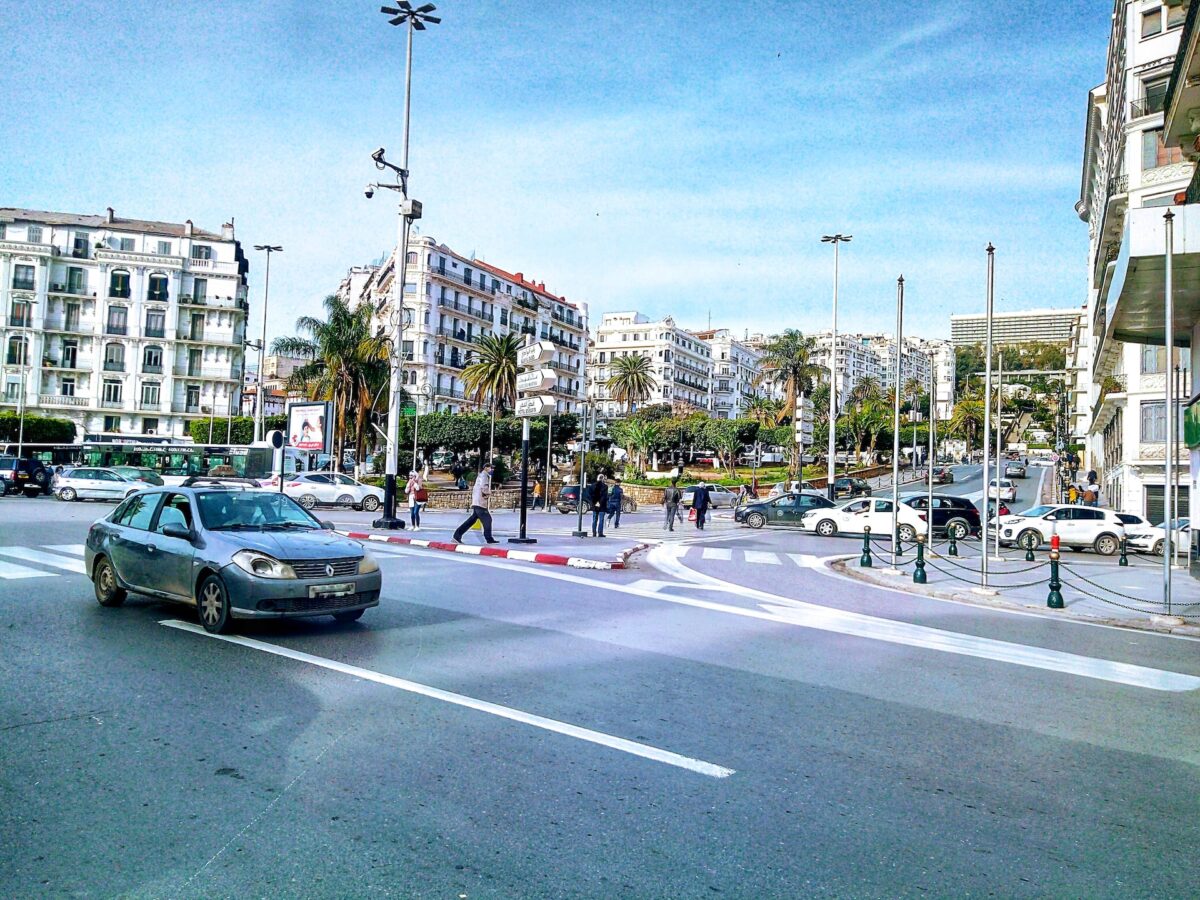
The Population of Algeria
Forty-four million people call this Saharan country home.
The majority are ethnically Arab-Berber. Though to categorize Algeria as strictly Berber or Arab would be wrong. Civilizations since prehistory have lived in the region and left their mark. Groups from the Romans and Byzantine Greeks to the Turks and the French have influenced the history of Algeria. Such an influence has affected present-day Algerian culture in many ways.
You only have to look at the Roman ruins still standing in the country or hear the French spoken on news outlets to recognize the profound effects outside sources have had in Algeria. Despite this historic influence from foreign actors, Algerians today identify as Arab, which is why Algeria is part of The League of Arab States.
Many Algerians of Berber descent live within the vast expanses of this nation. There are the Tuaregs in the south, the Shenwar people in the North, the Chaoui in the northeast, and legions more.
99% of Algerians are Sunni Islam, and the other 1% are Christian, Jewish, or of a different faith.
Algeria is a melting pot where colonial, native, and ancient forces form a mix of people as fascinating as the land they live on.
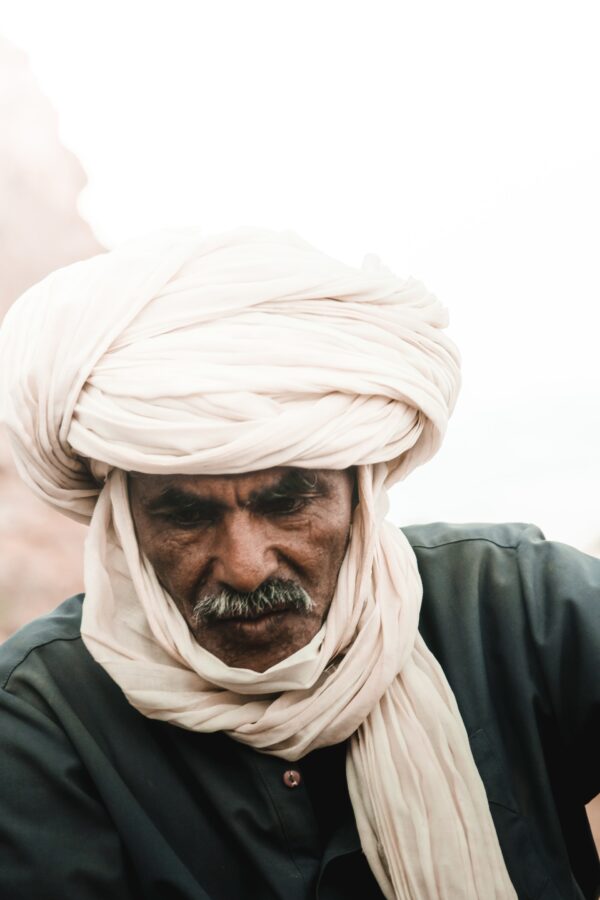
The Algerian Flag
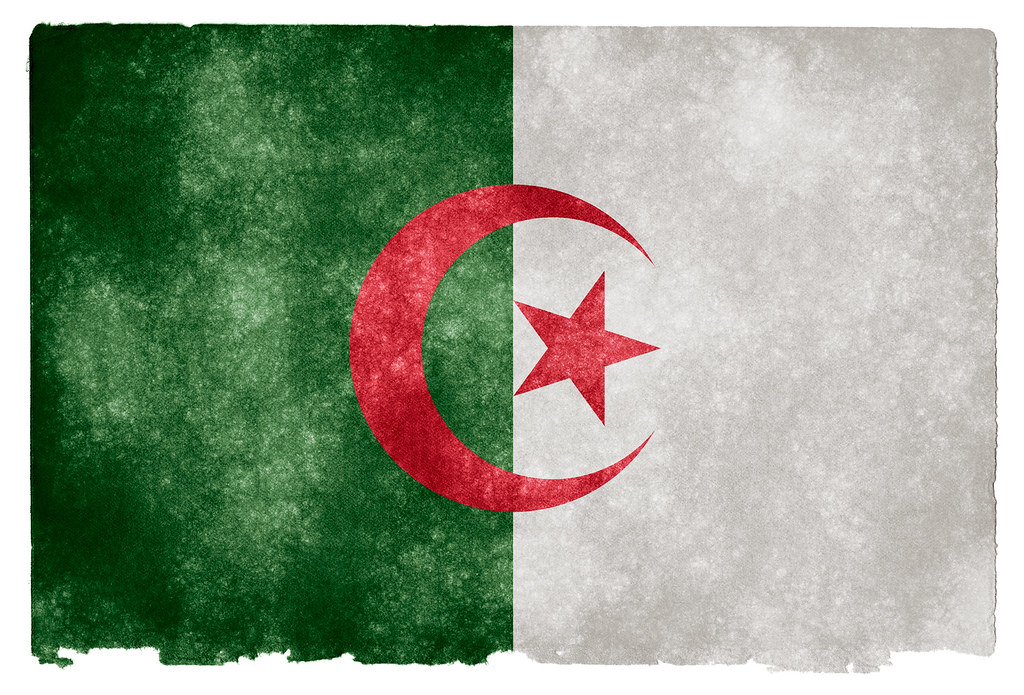
It all comes down to being Arab and Islamic.
After independence from French rule in 1962, Algerians sought their true identity outside of the colonizers who took their country.
The green represents Islam, and the luscious greenery of Northern Algeria, while the white stands for peace and purity—something Algeria finally attained after a long and bloody fight for independence. The red of the moon and star are a homage to the martyrs who gave their lives for a free Algeria.
The crescent moon embodies the last moon of the lunar cycle, which marks the end of Ramadan. The star is for the five pillars of Islam: Muslim creed, prayer, charity to the poor, fasting during Ramadan, and the pilgrimage to Mecca.
Algeria’s Climate
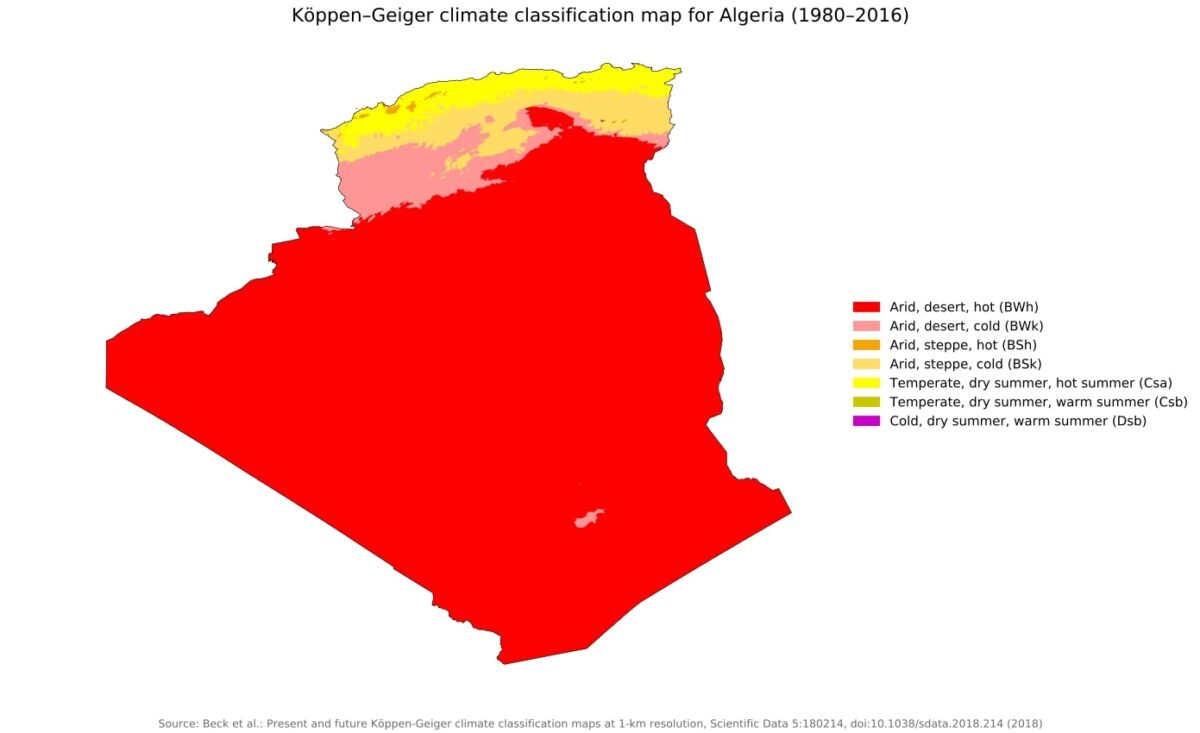
Arid, desert, hot.
That sums up most of Algeria’s climate. No surprise, given that the Sahara Desert dominates 90% of the land.
In the northern part, you can find a more Mediterranean climate with dry, temperate summers and mild, wet winters.
Is it safe to travel to Algeria?
Generally, yes.
If you want to travel to Algeria, you should first consult your government’s website for the latest travel advisory.
The areas we take you are very safe and welcome to foreign tourists. If you book a tour with us, a local guide who knows Algeria will be with you every step of the way.
Regardless of where you travel, you should always exercise caution.
We do tours to over 35 different countries. Our mission is to support the local economy, protect the environment, and give you an unforgettable adventure.
Find your next holiday in our list of destinations.
Questions?
Keep In touch
Make sure you never miss an adventure by signing up to our mailing list. Be the first to know about new tours and travel tips.
